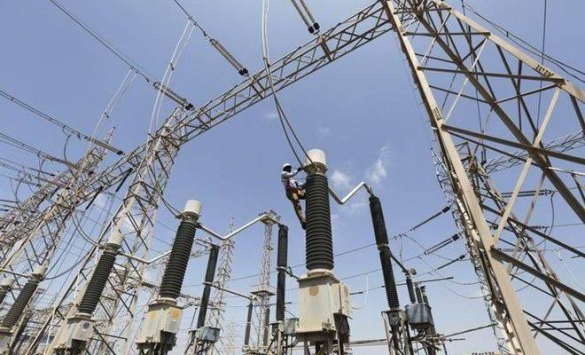KEY POINTS
- Lenders say debt-laden Distribution Companies and unclear regulations are discouraging investment in new grid-connected power projects.
- Financiers demand clarity on off-takers, tariff structures and cash-flow protections before committing funds, citing major risks in legacy DisCos’ finances.
- Operators warn that decentralisation, though helpful for localised tariffs, has introduced overlapping regulation that further complicates project financing.
Nigeria’s push to expand grid-connected electricity projects is running into an old and persistent obstacle as lenders and sector executives warn that the deep debts carried by Distribution Companies, Disco, and a confusing regulatory landscape are deterring capital from flowing into new plants.
These concerns dominated discussions at the Lagos Chamber of Commerce and Industry Power Conference in Lagos, where financiers and operators spoke of the increasing difficulty of underwriting new projects without firmer guarantees, cleaner balance sheets and transparent oversight.
Senior Vice President at Stanbic IBTC Infrastructure Fund, Jumoke Ayo-Famisa, told delegates that even well-structured embedded or grid-scale proposals face rigorous scrutiny once banks begin probing the contractual and regulatory risks around off-takers.
“Whenever anyone brings an embedded power project to us, the first thing we ask is who the off-taker is and what sort of agreement they have in place,” she said. “In Lagos, you have entities such as Eko Electricity and Excel Distribution Company, and understanding which one is taking the power is fundamental.”
She explained that lenders now devote more attention to whether the developer is handling only generation or taking on distribution and collection as well. “Collection is critical. You have to understand whether the cash will be mixed with whatever is going on at the main DisCo level, whether it is ring-fenced, and what the cash-flow waterfall looks like,” she said.
Ayo-Famisa warned that the sizeable debts sitting on the books of the legacy DisCo remain a major deterrent. Financiers, she noted, want to avoid any structure that might expose their repayments to entities already burdened with high leverage.
Operators say decentralisation offers flexibility but adds fresh regulatory complications
Wola Joseph Condotti, Group Managing Director and CEO of West Power & Gas Limited, agreed that the shift towards decentralised power markets has created both opportunities and new layers of complexity.
She said the move has at least brought the sector closer to consumers, with tariff structures now more aligned to local economic realities. “You cannot take a Lagos tariff to Zamfara, and that used to be one of the problems we lived with for years. Decentralisation allows you to design solutions based on the realities of each community,” she said.
Yet the transition has exposed capacity gaps within the system. “It was once a centrally run arrangement with 11 DisCos. Out of the 11, maybe three or four of us can genuinely say we are still standing,” she added. In contrast, she noted, generation companies have fared far better.
Condotti pointed to regulatory overlaps as another sticking point, particularly when a generating plant operates in one state and supplies another. “Investors will struggle with this. If you have a plant in Ogun supplying Lagos, you are automatically under NERC.
But both Ogun and Lagos regulators still expect you to meet their own standards. You can’t blame them, but it creates confusion for investors who simply want to know which rulebook applies.”
Both speakers concluded that until investors are shielded from legacy debts, tariff vagueness and the tangle of overlapping regulatory demands, Nigeria’s aspiration to expand its grid-linked power supply will continue to encounter structural resistance.



